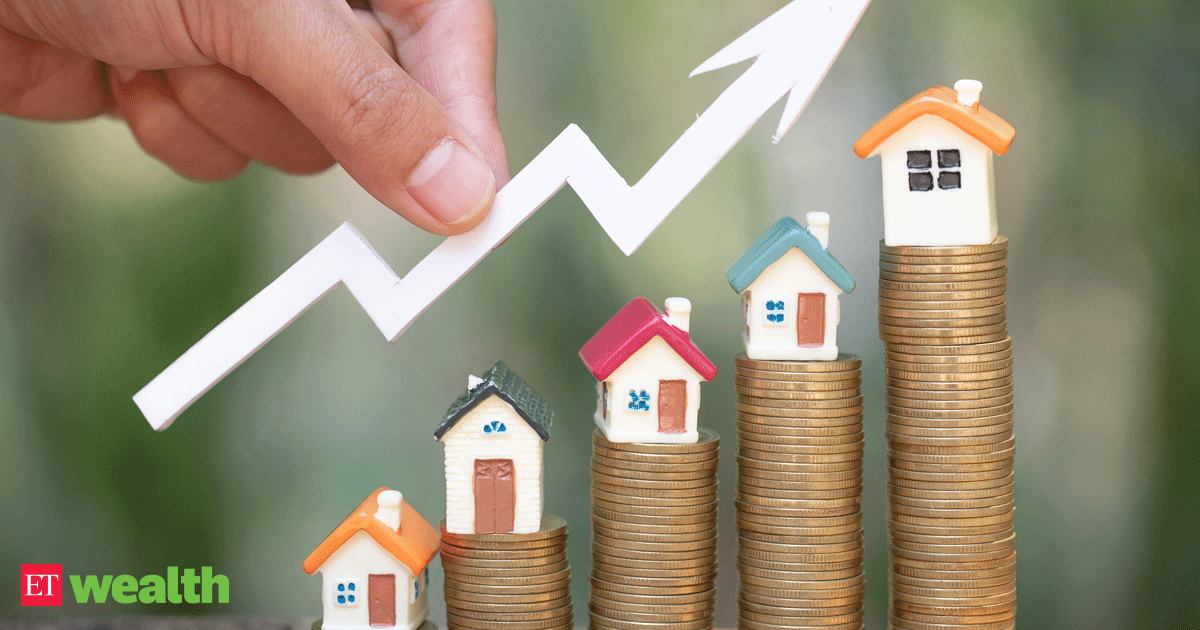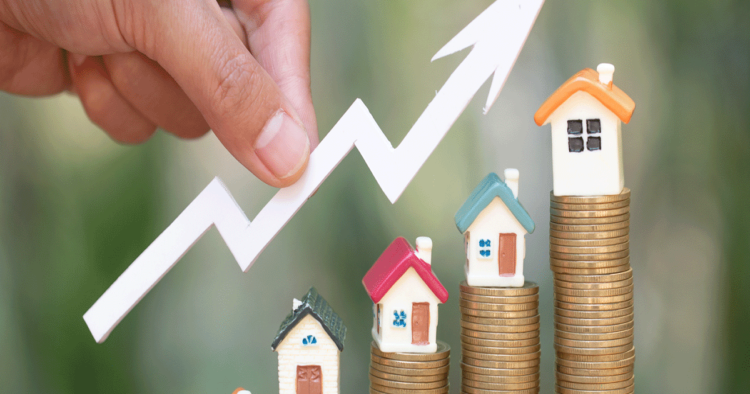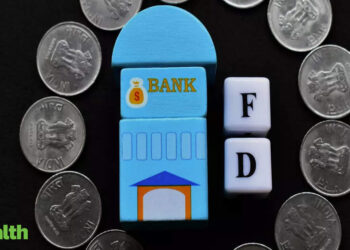
Housing prices in India grew 5.9% year-on-year during the third quarter of 2023, according to Knight Frank Global House Price Index – Q3 2023. With this robust growth in the last year, India climbed 18 spots to 14th rank in the index. Average annual price growth stood at 3.5%, closely approaching the pre-pandemic ten-year average of 3.7%, the report mentioned.
Pointing out the reason behind the increase in housing prices in the country, the report said, “The remarkable growth in India’s residential market, despite the challenges of higher home loan rates as well as threats of inflation, has largely been the result of stable economic growth which has lent itself to providing greater financial security to end-users. Further, at the onset of the pandemic, Central and State governments adopted steps to boost home sales through sops to home buyers, which triggered the market leading to an acceleration in sales.”
With an 89.2% increase year-on-year, Turkey captured the top spot in the global house price index in Q3 2023. The southeastern corner of Europe dominated the next five spots in the table, with Greece (14.0%), Croatia (13.7%), and North Macedonia (11.0%) all showing robust annual growth.
With 6.3% annual growth, Japan topped the property price appreciation chart in the Asia-Pacific region. India witnessed the second-highest rise in housing prices, just after Japan.
The Knight Frank Global House Price Index (Q3 2023)
| Rank | Location | % Change | ||
| 12-month | 6-month | 3-month | ||
| 1 | Turkey | 89.2 | 34.4 | 18.1 |
| 2 | Croatia | 13.7 | 5.6 | 3.5 |
| 3 | Greece | 11.9 | 4.9 | 2.1 |
| 4 | Colombia | 11.2 | 6.0 | 2.9 |
| 5 | North Macedonia | 11.0 | 4.5 | 2.9 |
| 6 | Bulgaria | 10.7 | 5.9 | 4.3 |
| 7 | Mexico | 10.4 | 4.5 | 2.9 |
| 8 | Portugal | 7.8 | 3.9 | 1.5 |
| 9 | Slovenia | 7.4 | 3.5 | 1.9 |
| 10 | Poland | 7.0 | 3.2 | 3.2 |
| 11 | Cyprus | 6.9 | 4.1 | 1.5 |
| 12 | Malta | 6.8 | -0.7 | 0.2 |
| 13 | Japan | 6.3 | 3.2 | -0.1 |
| 14 | India | 5.9 | 3.6 | 1.5 |
| 15 | Latvia | 5.6 | 5.0 | 5.1 |
Starting in 2013, property prices in the country either remained stagnant or experienced a decline for five to six years. However, there was a substantial revival in demand after the Covid-19 pandemic, surpassing the previous highs. Several factors contributed to the rise in property prices including a pent-up demand, a desire to upgrade, and a willingness to spend more for better and modern amenities. “Additionally, improvements in the economic scenario and infrastructure development led to an increase in property prices. While property prices surged significantly across the country, Hyderabad consistently outpaced other metros year-on-year, experiencing the highest price rise due to an influx of corporations relocating their base to the city. This trend is expected to persist,” said Prashant Rao, Managing Director, Poulomi Estates, a Hyderabad-based real estate developer. “In light of an increased interest cost environment stemming from heightened inflation levels, the robust domestic economic fundamentals, and the escalating aspirational attributes of residential real estate, are driving heightened demand among homebuyers in prominent residential markets within the country. Furthermore, the upsurge in urbanisation is providing additional momentum to infrastructure development, paving the way for emerging residential hubs in the urban centers of India,” says Shishir Baijal, Chairman & Managing Director, of Knight Frank India.
Source Link














